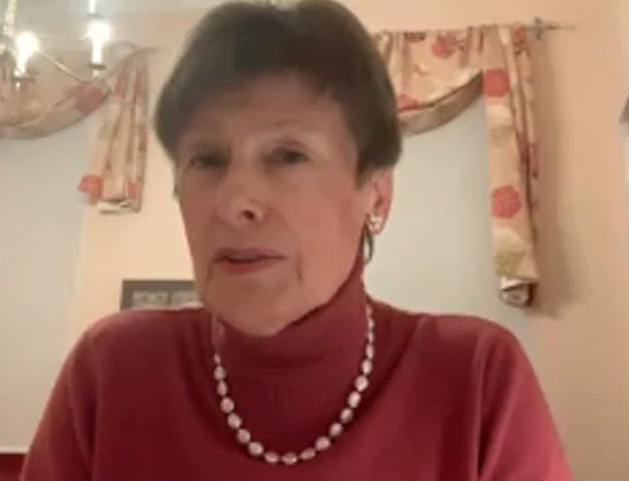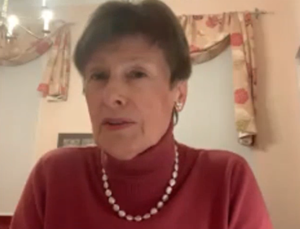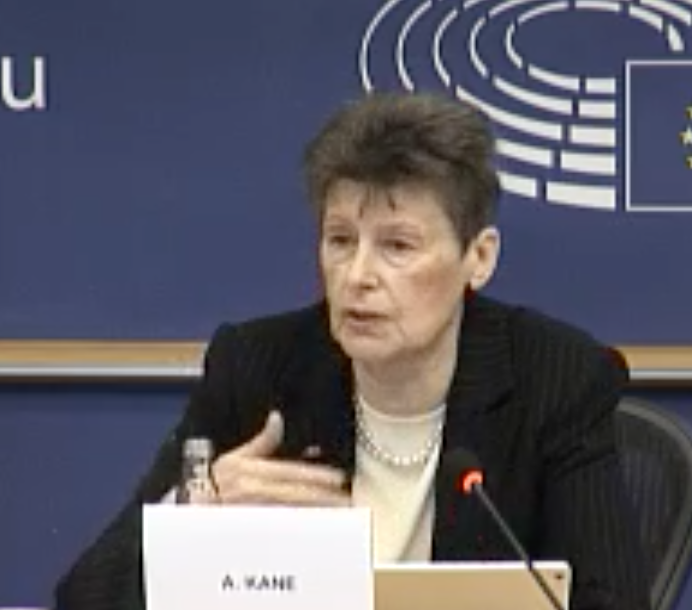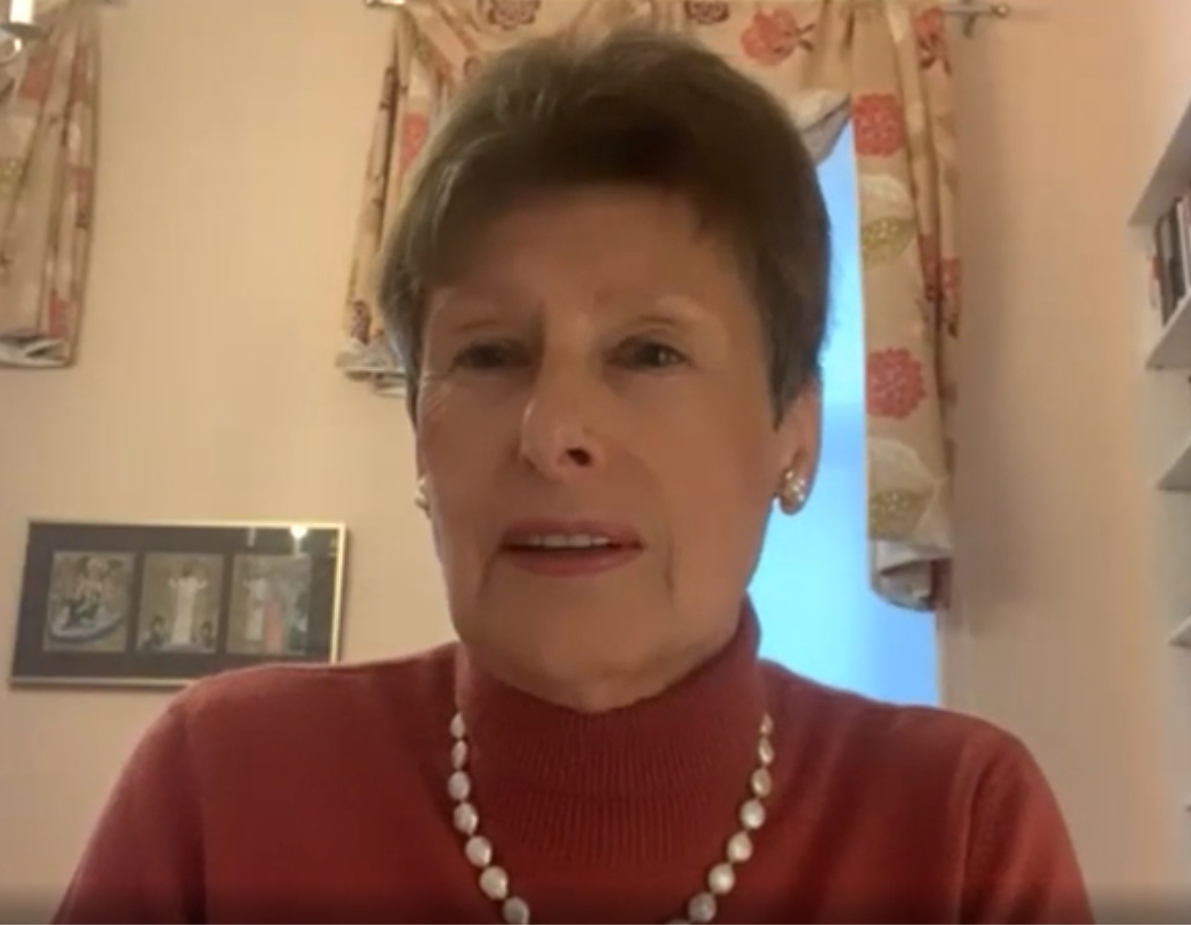

Despite historical indications that the Treaty on the Non-Proliferation of Nuclear Weapons (NPT) is effective in containing aspirations for nuclear weapons programmes, including the US-Russian détente of the 1990s, US President Barack Obama's famed 2009 Prague speech and the forward-looking consensus final document from the 2010 NPT Review Conference, the international community today faces a nuclear order in flux. The US-Russian détente is over, the aspirations of a world free of nuclear weapons envisioned in President Obama's Prague speech have yet to materialize and some NPT States Parties are calling into question the validity of commitments made in the 2010 final document and other past commitments.
VCDNP Senior Fellow Angela Kane addressed the risks posed by and opportunities available in "a nuclear order in flux" during her keynote speech at the British International Studies Group Global Nuclear Order Working Group Annual Conference on 15 December 2020.
Ms. Kane observed that, while US-Russian arms control is in dire straits due to the demise of the Intermediate-Range Nuclear Forces (INF) Treaty, the US withdrawal from the Joint Comprehensive Plan of Action with Iran and the uncertain fate of the New START Treaty, that returning arms control to its former place in international security architecture will not be enough to contain today's security threats. What is needed, she said, is to learn from the past and use lessons learned to bring a new vision of arms control for the future.
The downturn in nuclear arms control has been compounded by the failure of the 2015 NPT Review Conference to reach a consensus final document and the resultant frustration on the part of many NPT non-nuclear-weapon States (NNWS) on the lack of progress on disarmament. This led to the adoption of the Treaty on the Prohibition of Nuclear Weapons (TPNW), which will enter into force in January 2021. While the nuclear-weapon States cast doubt on the TPNW, Ms. Kane argued that demeaning it outright is not a productive exercise and is likely to further alienate the countries that support it. Moreover, attempting to ignore or suppress the TPNW will have a negative effect on the Tenth NPT Review Conference, postponed until August 2021 due to the COVID-19 Pandemic.
In light of these developments, Ms. Kane offered a number of practical steps that could help to foster a sense of good will, including:
In a broader sense, Ms. Kane noted the enormous amount of funds governments are pouring into military expenditures, which totalled $1.9 trillion in 2019. The second largest spender for defence was China - now a dominant player on the global stage. Ms. Kane asserted that this should be taken into account when pursuing future arms control measures. She added that "menacing" China to coming to the table will not be a successful strategy. Rather, understanding that the US and Russian arsenals dwarf the Chinese arsenal and therefore would need to themselves make progress would go far. However, Ms. Kane also pointed to China's lack of transparency and arms control experience, among other issues, as challenges to involving China in the arms control process.
In conclusion, Ms. Kane noted two final challenges to this nuclear order in flux: the COVID-19 pandemic's effect on diplomatic interactions and emerging technologies. She observed that COVID-19 has fundamentally changed the way in which diplomacy is conducted because of the lack of informal discussions in the margins of official discussions and technological challenges posed by online meetings. The emerging technologies to which Ms. Kane referred, including sophisticated drones, laser weapons, hypersonic missiles, stealth airplanes and others, can have the effect of wars no longer fought on the ground, but rather decided by whichever side has the most advanced military technologies. The emergence of offensive cyber capabilities in statecraft has also raised disturbing questions about what cyberwar could mean, including threats to nuclear command, control and communications systems.
New approaches to arms control will need to take into account all of these factors in order to be an effective guarantor of peace in the future.




By continuing to use the site, you agree to the use of cookies. more information
The cookie settings on this website are set to "allow cookies" to give you the best browsing experience possible. If you continue to use this website without changing your cookie settings or you click "Accept" below then you are consenting to this.